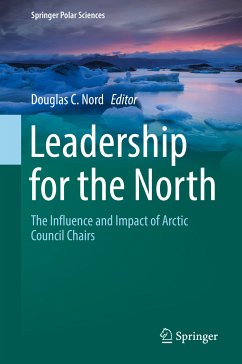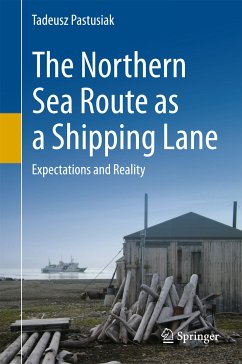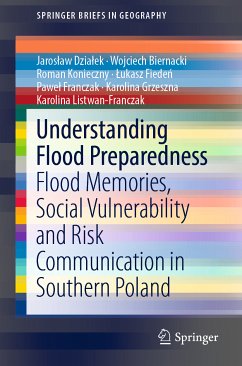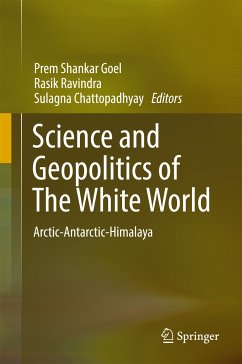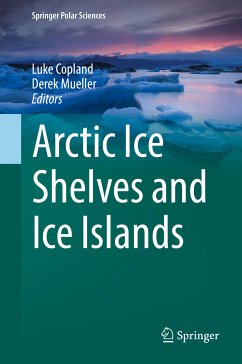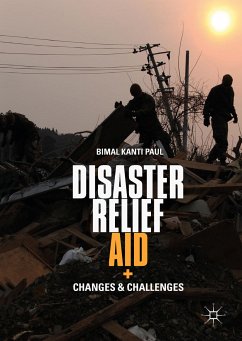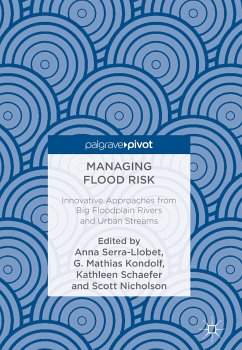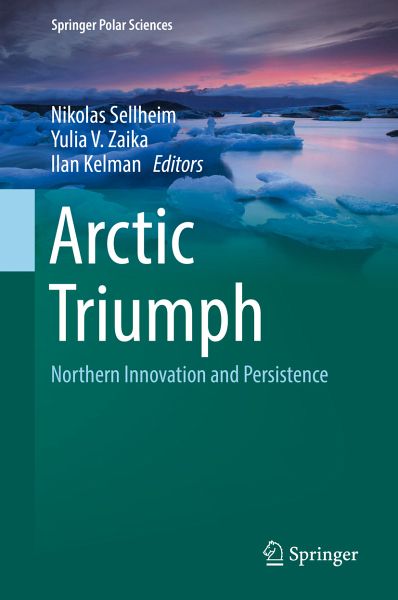
Arctic Triumph (eBook, PDF)
Northern Innovation and Persistence
Redaktion: Sellheim, Nikolas; Kelman, Ilan; Zaika, Yulia V.
Versandkostenfrei!
Sofort per Download lieferbar
72,95 €
inkl. MwSt.
Weitere Ausgaben:

PAYBACK Punkte
36 °P sammeln!
This book approaches the challenges the Arctic has faced and is facing through a lens of opportunity. Through pinpointed examples from and dealing with the Circumpolar North, the Arctic is depicted as a region where people and peoples have managed to endure despite significant challenges at hand. This book treats the 'Arctic of disasters' as an innovated narrative and asks how the 'disaster pieces' of Arctic discourse interact with the ability of Arctic peoples, communities and regions to counter disaster, adversity, and doom. While not neglecting the scientifically established challenges asso...
This book approaches the challenges the Arctic has faced and is facing through a lens of opportunity. Through pinpointed examples from and dealing with the Circumpolar North, the Arctic is depicted as a region where people and peoples have managed to endure despite significant challenges at hand. This book treats the 'Arctic of disasters' as an innovated narrative and asks how the 'disaster pieces' of Arctic discourse interact with the ability of Arctic peoples, communities and regions to counter disaster, adversity, and doom. While not neglecting the scientifically established challenges associated with climate change and other (potentially) disastrous processes in the north, this book calls for a paradigm shift from perceiving the 'Arctic of disasters' to an 'Arctic of triumph'. Particular attention is therefore given to selected Arctic achievements that underline 'triumphant' developments in the north, even when Arctic triumph and disaster intersect.
Dieser Download kann aus rechtlichen Gründen nur mit Rechnungsadresse in A, B, BG, CY, CZ, D, DK, EW, E, FIN, F, GR, HR, H, IRL, I, LT, L, LR, M, NL, PL, P, R, S, SLO, SK ausgeliefert werden.



